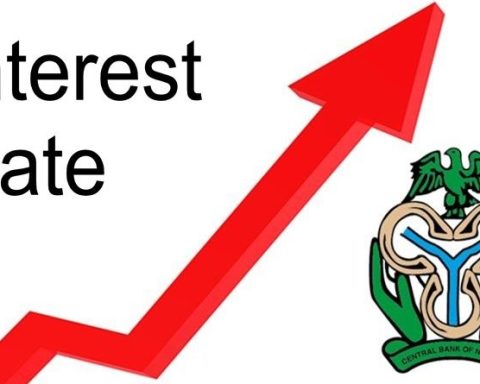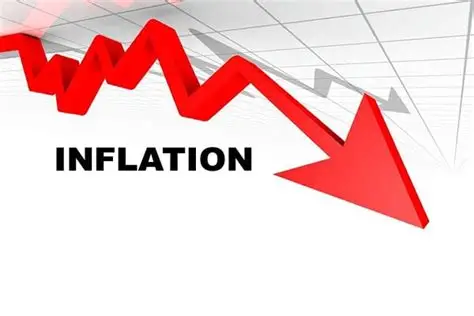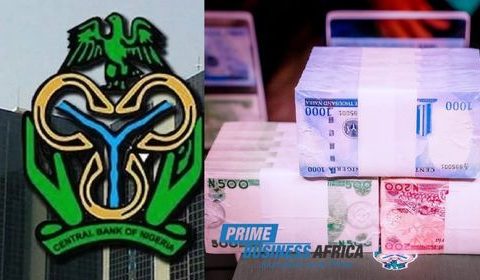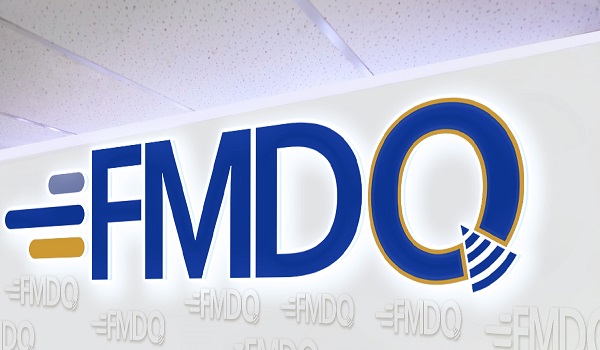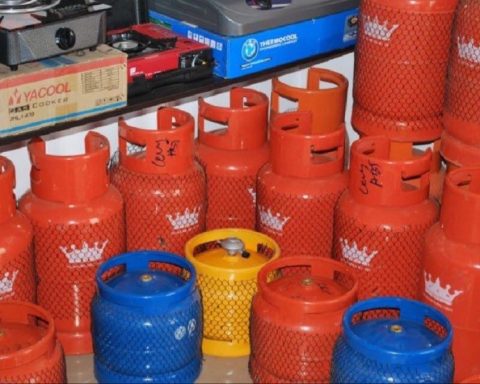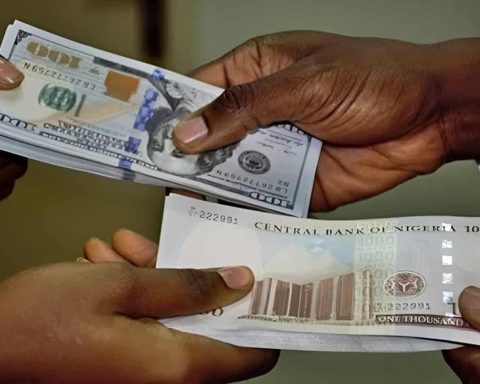The Central Bank of Nigeria (CBN) has announced changes in its lending and deposit facilities, in a bid to manage liquidity in the nation’s financial system.
The CBN lifted the suspension of its Standing Lending Facility (SLF) for banks, and unveiled a new interest rate framework that enables financial institutions to earn between 19 percent and 25.75 per cent on deposits kept in the apex bank.
Join our WhatsApp ChannelThe apex bank made this known in a circular released Monday, 26th August 2024, signed by the Director of the Financial Markets Department, Dr. Omolara Duke.
The bank said the latest changes were in line with decisions at the 296th Monetary Policy Committee (MPC) meeting held in July.
At the CBN’s MPC meeting, the Committee raised the Monetary Policy Rate (MPR) by 50 basis points to 26.75 per cent, up from 26.25 per cent, and adjusted the asymmetric corridor around the MPR to +500/-100 basis points from the previous +100/-300 basis points. The Committee also retained the liquidity ratio at 30 per cent, emphasising commitment to continue with monetary policy tightening stance in view of tackling inflation.
“The Monetary Policy Committee (MPC) adjusted the upper corridor of the standing facilities to 5.00 per cent from 1.00 percent around the MPR, at its 296th meeting,” the apex bank circular stated.
READ ALSO: Naira Falls 35.53% Against Dollar In Q1 Amid Increased Forex Inflow- CBN
According to the circular, Commercial and merchant banks will now earn up to 25.75 per cent on deposits up to N3 billion. It added that deposits exceeding N3 billion will attract a lower rate of 19 per cent
Also, it said that Payment Service Banks (PSBs) would receive 25.75 percent interest on deposits up to N1.5 billion, while deposits above this amount will also earn 19 per cent.
As contained in the circular, the lifting of the SLF suspension will enable banks borrow from the CBN at a rate of 31.75 percent.
“Consequently, the suspension of the Standing Lending Facility (SLF) is hereby lifted and Authorised Dealers should send their request for SLF through the Scripless Securities Settlement System (S4) within the operating hours of 5.00pm to 6.30pm.
“To this end, Authorised Dealers are permitted to access the SLF at 31.75 per cent; Permitted to access Intraday Lending Facility (ILF) to avoid system gridlock at no cost if repaid the same day;
“The 5.00 per cent penalty (as stated in the S4 business rules) is retained, for participants that do not settle their ILF, which the system will convert to SLF at 36.75 per cent;
“Collateral execution (the rediscounting of instruments pledged by participants at the penal rate by CBN) is reintroduced as stipulated in the approved repo guidelines.”
The CBN said the new directive takes immediate effect.
How the Policy will Affect Liquidity
The target of the CBN is to use the policy of increasing lending and deposit rates to reduce excess liquidity deemed to be a forerunner of inflation.
For deposits, while the new rates regime allows banks to earn up to 25.75 per cent for every deposit of up to N3 billion, it however gives lower rate of 19 per cent for deposits that exceeds that amount. This reduction interest rate for deposits discourages keeping more funds at the CBN, thereby compelling them to increase lending to businesses.
Due to the increase in the Standard Lending Rate, banks will now pay more in interest when borrowing funds from the central bank to satisfy their short-term liquidity needs.
The changes are probably going to affect banks’ cost of funds, which will consequently impact on the interest rates that they charge their customers for deposits and loans.
Analysts believe that in the short-term, tighter liquidity conditions may result in higher lending rates and maybe slow credit expansion, but in the long run, the measure may help stabilise inflation.



